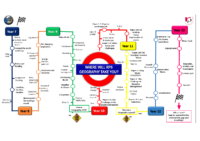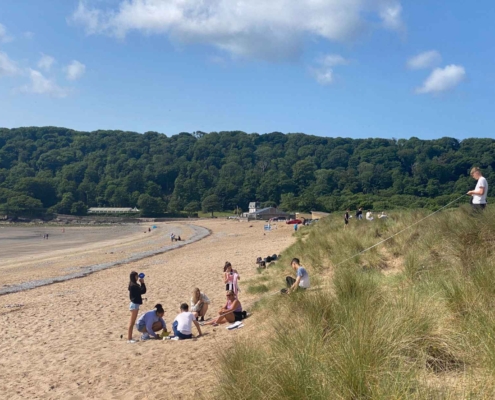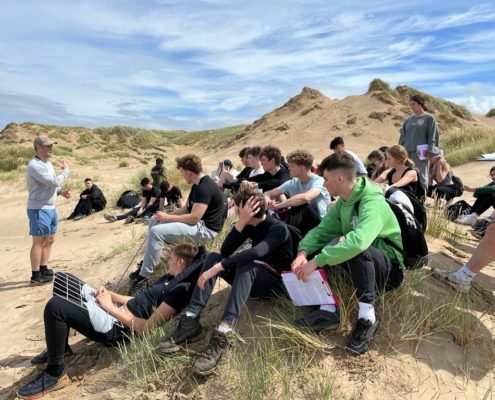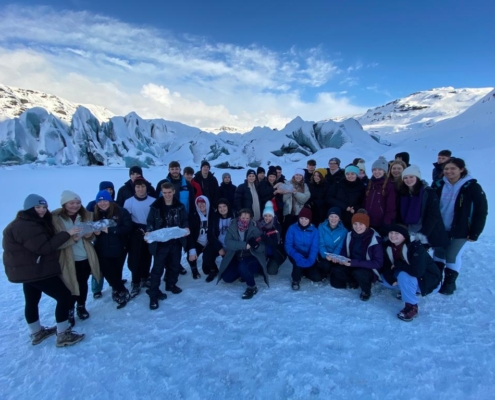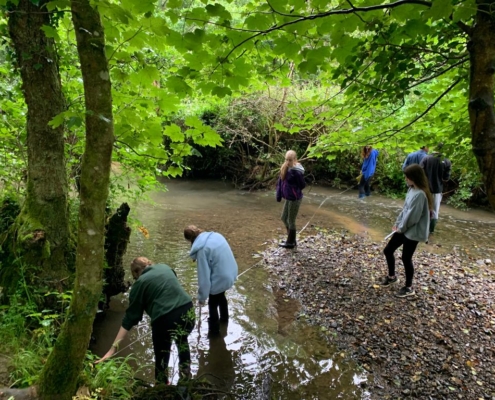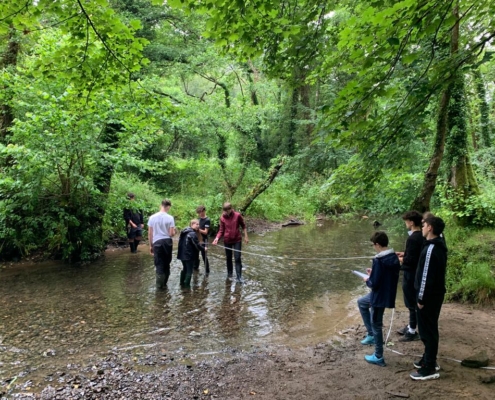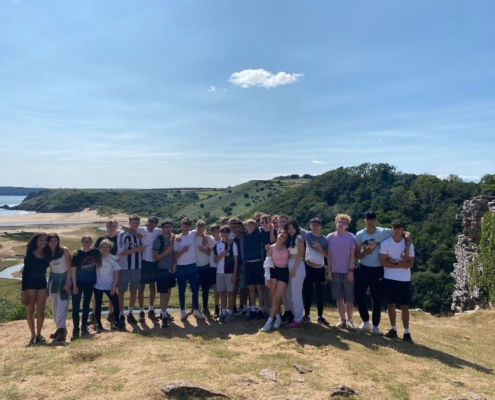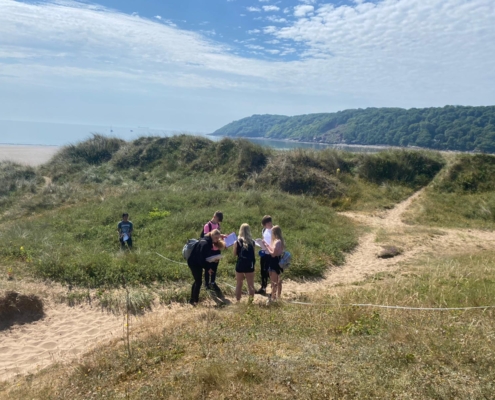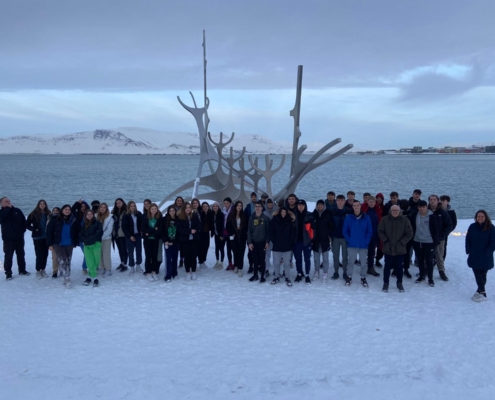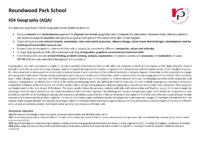Geography
The Geography department aims to:
- inspire, inform and enthuse all students to know and understand the world around them;
- help students develop the skills and confidence to enable them to become creative, enquiring and independent learners;
- promote the importance of geographical issues and to allow students to appreciate that Geography is dynamic.
Key Stage 3 (Years 7,8 & 9)
In Year 7 topics include: Around the World in 80 Days, Water, Water Everywhere and Settlement.
In Year 8 topics include: Money makes the world go round which investigates different employment sectors, environmental concerns and sustainability, as well as population and migration studies.
In Year 9 the units covered are tectonic activity, glacial and coastal landscapes, weather, climate and ecosystems, tourism and international development.
Fieldwork in Year 7 to St Albans aims to reinforce concepts of settlement location and CBD characteristics in a local context.
Key Stage 4 GCSE (Years 10 & 11)
GCSE Geography follows the AQA specification
Paper 1 – 35% Physical Geography
Paper 2 – 35% Human Geography
Paper 3 – 30% Issues Analysis.
This exam includes questions that refer to a pre-release document that the students can prepare in advance of the exam at the end of Year 11, as well as assessing students on their fieldwork skills and findings from their field trip.
In Year 10 there is a four-day residential fieldtrip to South Wales allow for data collection relating to the Paper 3 exam. Themes include river studies, coastal landscapes, tourism in National Parks and urban regeneration in Cardiff Bay.
Key Stage 5 A Level (Years 12 & 13)
The A Level course involves an issues based approach to global concerns ranging from natural hazards, water and energy security, international development, the process of globalisation and biodiversity loss. This is a linear course with exams taken at the end of Year 13.
There are three exams, each 2 hours 15 in length which assess the individual physical and human geography units (Papers 1 and 2 respectively, accounting for 30% of the overall grade each) as well as the students’ powers of analysis and evaluation in paper 3 (20% of the grade).
In addition to the written papers students must submit an individual investigation based on data collected on the residential fieldtrip in the summer term of Year 12. Students can choose to investigate either the coastline near Formby or urban issues and regeneration in Liverpool city centre.
In addition, there is an opportunity on a three year rotation to experience life in a tectonic landscape through a field trip to Iceland in February half term.


